Ha Bac Fertilizer and Chemicals Joint Stock Company (DHB) has just announced its audited semi-annual financial report for 2025 with after-tax profit reaching nearly VND57.6 billion, compared to a loss of more than VND99.2 billion in the same period last year thanks to stable production and increased urea prices.
Revenue in the first 6 months of 2025 reached nearly 2,345 billion VND, up from 1,967 billion VND in the same period, thanks to a favorable urea market and increased selling prices. In addition to serving the domestic market, Ha Bac Fertilizer continues to strongly export to Cambodia, Korea, Japan...
With this result, the enterprise completed 51% of the revenue target and 47% of the profit target for 2025.
DHB's positive business results are in line with the optimistic developments of Vietnam's fertilizer industry.
In the first 6 months of 2025, Vietnam's fertilizer exports increased by nearly 24% over the same period to more than 1.1 million tons. Export turnover increased by more than 24% to nearly 450 million USD. Average prices increased only slightly, but in some specific markets, prices increased sharply by 10-50%.
In the first half of the year, Vietnamese producers took advantage of the surplus supply of urea to boost exports amid rising global demand, China's tightening of exports and disruptions in production in the Middle East.
According to MBS Securities, domestic oversupply while global supply is in short supply, helps exporters continue to benefit from price. Meanwhile, potash and phosphate fertilizers are under pressure from rising input costs, as Vietnam still depends on imports.
MBS also believes that the amended Law on Value Added Tax, effective from July 1, applying a 5% VAT rate to fertilizer products and deducting the value added tax, is expected to help reduce costs accounted for in production costs for domestic fertilizer production enterprises.
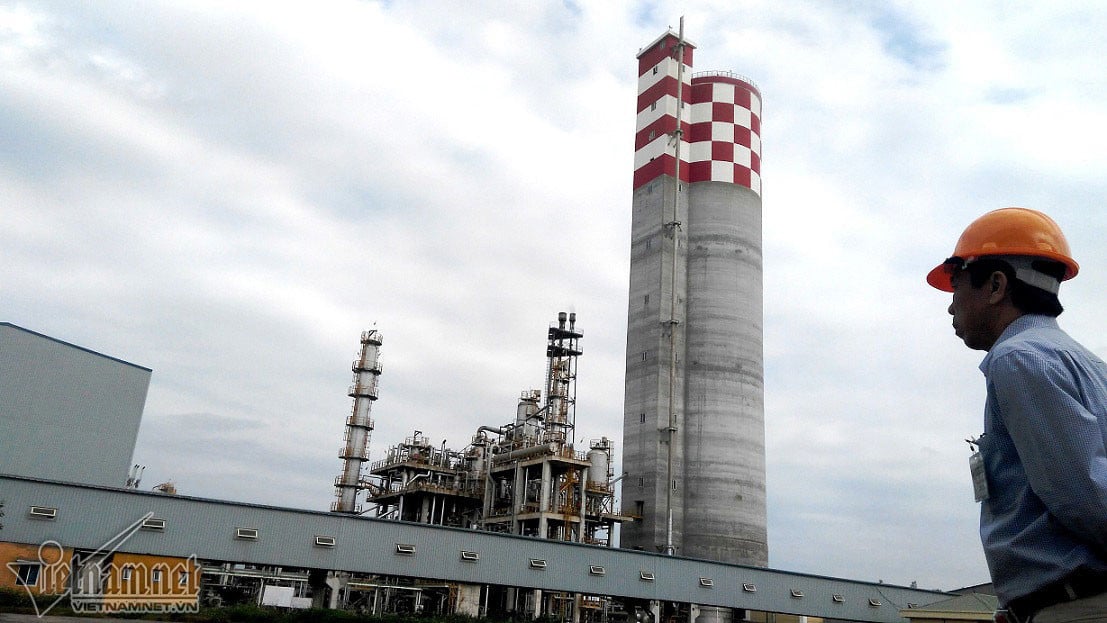
Still heavily indebted, accumulated loss of 2,046 billion VND
Although profitable in the first 6 months of the year, the figure of more than 57 billion VND in after-tax profit is still small compared to the accumulated loss by mid-2025 of nearly 2,046 billion VND. After restructuring and debt settlement, the company's equity is only more than 676 billion VND.
In 2024, Dam Ha Bac's profit was less than 7 billion VND.
The pressure on Ha Bac Fertilizer is huge. By the end of June, DHB recorded a total debt of nearly VND5,133 billion, including more than VND414 billion in short-term loans and financial leasing debt, nearly VND2,043 billion in long-term loans and financial leasing debt (nearly VND1,022 billion in loans from VietinBank , nearly VND1,021 billion in loans from VDB), nearly VND208 billion in other short-term payables and more than VND2,026 billion in other long-term payables.
Of the nearly 208 billion VND in other short-term payables, there are: 130 billion VND in short-term interest payable to the Vietnam Development Bank (VDB), and more than 35 billion VND in payables related to the self-settlement of the project to renovate and expand the Ha Bac Fertilizer Factory.
Of the more than VND 2,026 billion in other long-term payables, there is more than VND 1,955 billion in interest payable to VDB.
In 2023, DHB will earn VND858 billion in profit thanks to other income from restructuring loans at VDB worth more than VND1,803 billion. This is the amount that has been written off and interest rates reduced.
In 2024, DHB only received an interest rate reduction of VND249 billion, and was also affected by unusual weather and multiple lightning strikes that disrupted transmission lines, causing profits to decline.
The reason why Ha Bac Fertilizer owes a large amount of principal and interest is because the company borrowed a huge amount of money from the bank to invest in the project of renovating and expanding the Ha Bac Fertilizer Factory. DHB started to suffer heavy losses since 2015 and became one of the 12 weak major projects of the industry and trade sector.
The Ha Bac Fertilizer Expansion Project was put into operation in early 2015, with machinery and equipment imported from the Netherlands, Germany, Denmark, Italy... designed, built and installed by Chinese contractors.
After the project was put into operation, in the period 2015-2020, DHB incurred an accumulated loss of VND 4,760 billion, with negative equity of more than VND 2,000 billion.
DHB is facing a situation of "interest on interest". Financial costs have always been the most difficult problem in the operation of Ha Bac Fertilizer, often accounting for a large proportion, on average in the period 2015-2020, loan interest accounted for 24.4% of production costs. In addition, DHB uses coal as an input material. Coal prices have continuously increased over the past 15 years, causing input costs to increase, narrowing profit margins. Meanwhile, units producing urea from natural gas such as DPM and DCM benefit when gas prices decrease.
During its history of operation, Dam Ha Bac has faced many difficulties, but has overcome them all thanks to support from the State.
DHB shares were listed on the stock exchange in July 2017, with the first closing price of 6,800 VND. In 2018, this stock dropped to nearly 1,000 VND/share. DHB reached its highest level of more than 15,000 VND/share in early 2022 and is currently priced at 8,900 VND/share.
DHB Chairman is Mr. Nguyen Van Thieu and General Director is Mr. Nguyen Van Dung.
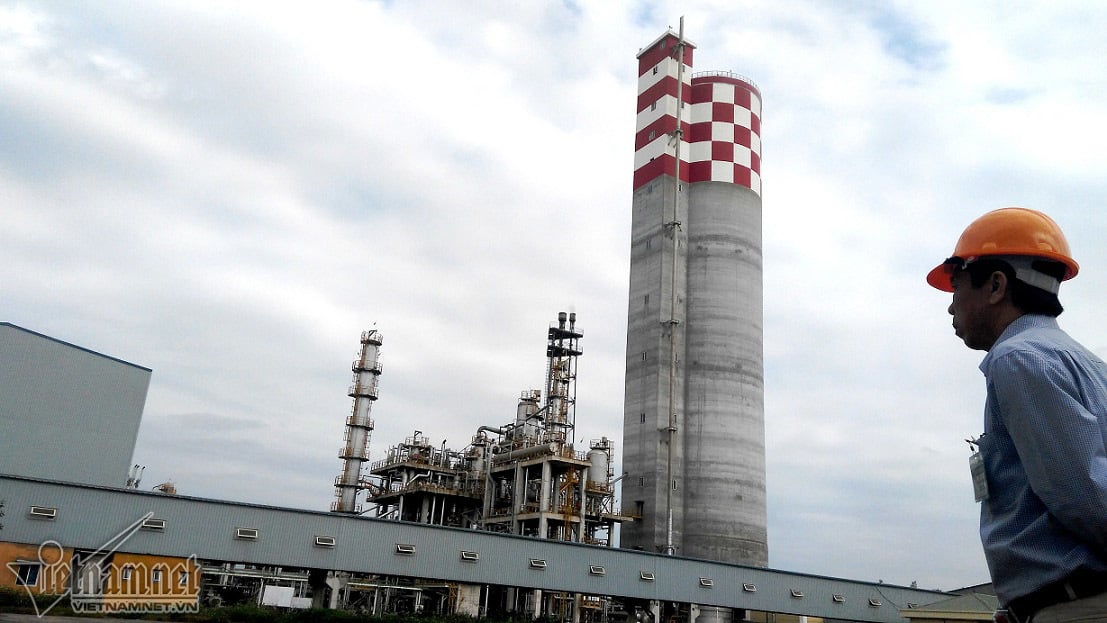
Source: https://vietnamnet.vn/dam-ha-bac-van-chim-trong-thua-lo-2-000-ty-dong-2445186.html



![[Photo] Super harvest moon shines brightly on Mid-Autumn Festival night around the world](https://vphoto.vietnam.vn/thumb/1200x675/vietnam/resource/IMAGE/2025/10/07/1759816565798_1759814567021-jpg.webp)




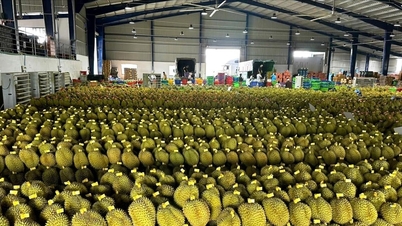





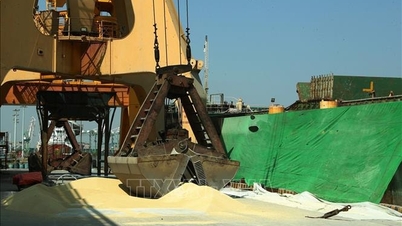

















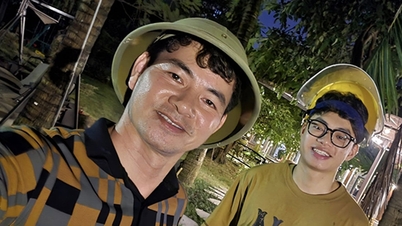

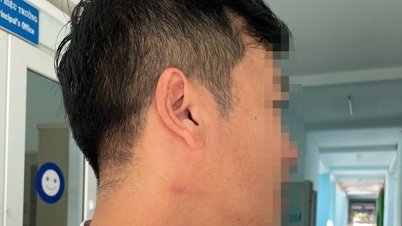
























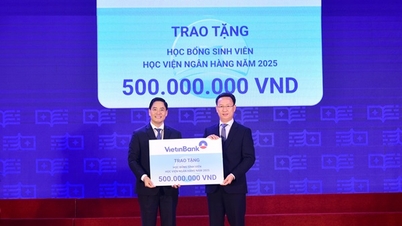









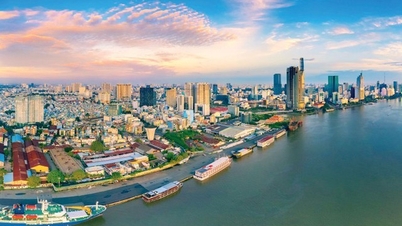














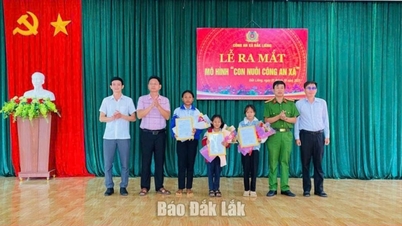



















Comment (0)